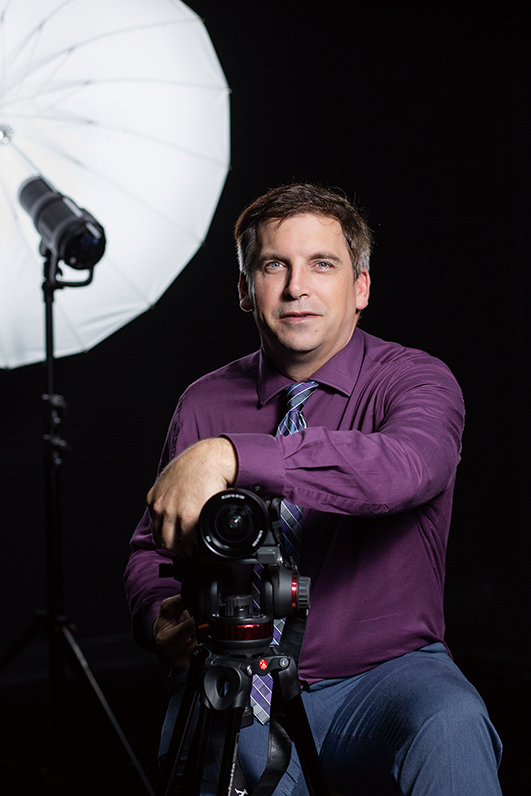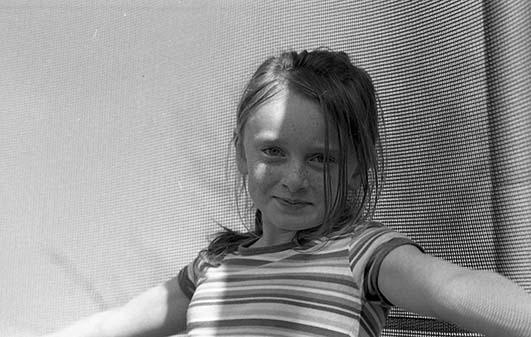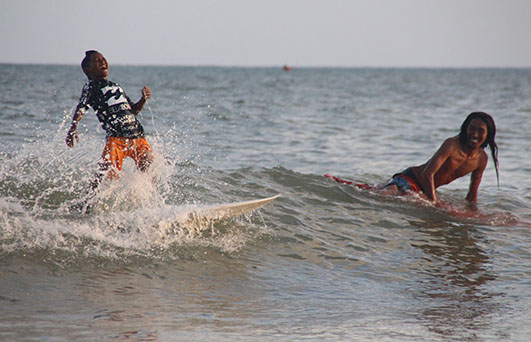Coming to Incheon with a Camera,
Photographer Dustin Schwindt
Dustin Schwindt (“Dustin,” 47), who currently lives in Songdo International City, is a professor at the University of Utah Asia Campus, teaching Film & Media Arts. He lectures students on photography and media-related classes and takes pictures of Incheon in his spare time.
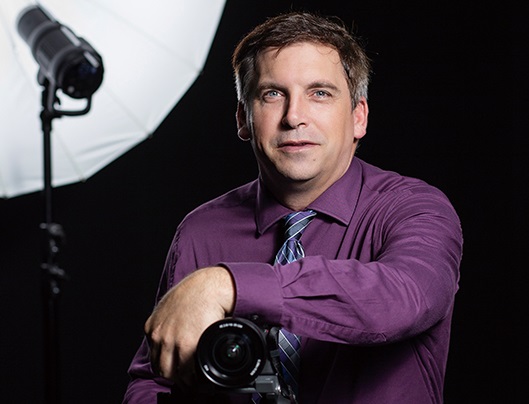
<Major Experience>
● February 2019 – Present: Professor of Film & Media Arts at the University of Utah Asia Campus
● Freelance Book Editor, wrote about 50 books
● Independent filmmaker, produced ‘Funeral Detail.’
# Seeing the World through the Camera Lens
Dustin has a long-standing relationship with photography. He grew up around shooting equipment because his father took photographs as a hobby. Still, he was not interested in photography at the time. Later he was struck by an overwhelming feeling while taking pictures of beautiful scenery while traveling in Canada in high school. However, he was disappointed with the results when he returned to the United States and developed his photos.
His interest in photography returned when he came to Korea for military service. He said, “I hung pictures I took from Dongducheon and Camp Casey on the wall, and I remember people liking it.” After that, he studied photography while working in Kansas and returned to San Diego to start taking pictures in earnest. He became immersed in photography while taking photography-related courses at the University of Palomar and taking photographs for the school newspaper. He continued taking pictures while working as an educator in Taiwan and Turkey.
He also has a long-standing relationship with Incheon. When he was dispatched to Korea while serving in the military, he took a trip on the subway and got off somewhere blindly. It was Incheon. Over time, after completing his master's course at the University of Utah, he became a film and media arts professor at the University of Utah Asia Campus in Incheon. He took a plane bound for Incheon and thought his relationship with Incheon was interesting.
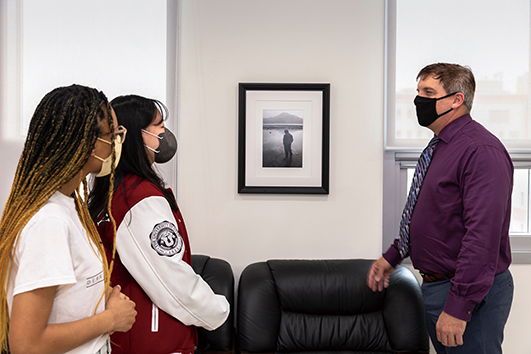
# Darkroom, a Special Space to Face the Results
When Dustin was living in the United States, he was going to set up a darkroom in his bathroom. He had to put it off due to concerns about chemicals and other hazards. When he became a professor at the University of Utah Asia Campus, he suggested installing a darkroom in the school. The darkroom was installed in the summer of 2020 with the dean's support. It is currently used by students and professors of various majors and photography clubs.
For Dustin, the darkroom is both a scary and exciting place. There were many concerns about the use of the darkroom at first. Over time, this space has become a place where various cultures meet and for international and Korean students to hang pictures of themselves and interact with each other. Anyone can take pictures, and many students come to this place.
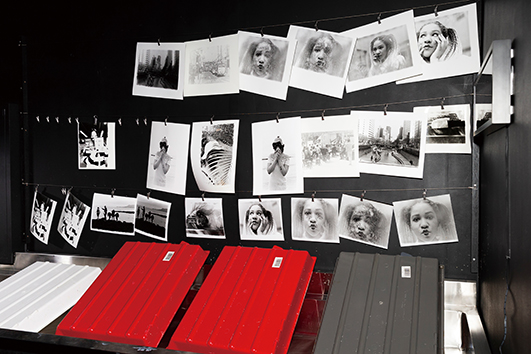
# Taking Pictures is Like ‘Playing’
Dustin plans to install a camera obscura for Incheon in collaboration with the Department of Urban Ecology. It is a facility that can be seen all over the world, including in San Francisco and England, allowing visitors to see the vivid image of the city. “If there is a camera obscura in Central Park, you can see boats, passers-by, etc., upside down. It is like the inside of a camera, and you will be able to learn the principles of photography.” We could feel his affection for photography and Incheon while seeing him describing it.
For Dustin, the art of photography is like ‘playing.’ He said, “To those who take pictures, some people who think of photography commercially say that they should become photographers. But you can take pictures simply because you like doing it.” He emphasized, “The most important thing about art is to have fun when you do it.” Throughout the interview, we could feel Dustin's deep passion and concerns for photography.
Currently, Dustin is sorting over 70,000 photos into a few hundred by scanning the photos he has personally kept for a long time and uploading them to the website. He told us his plan to travel and take pictures using new techniques when the sorting is done.
